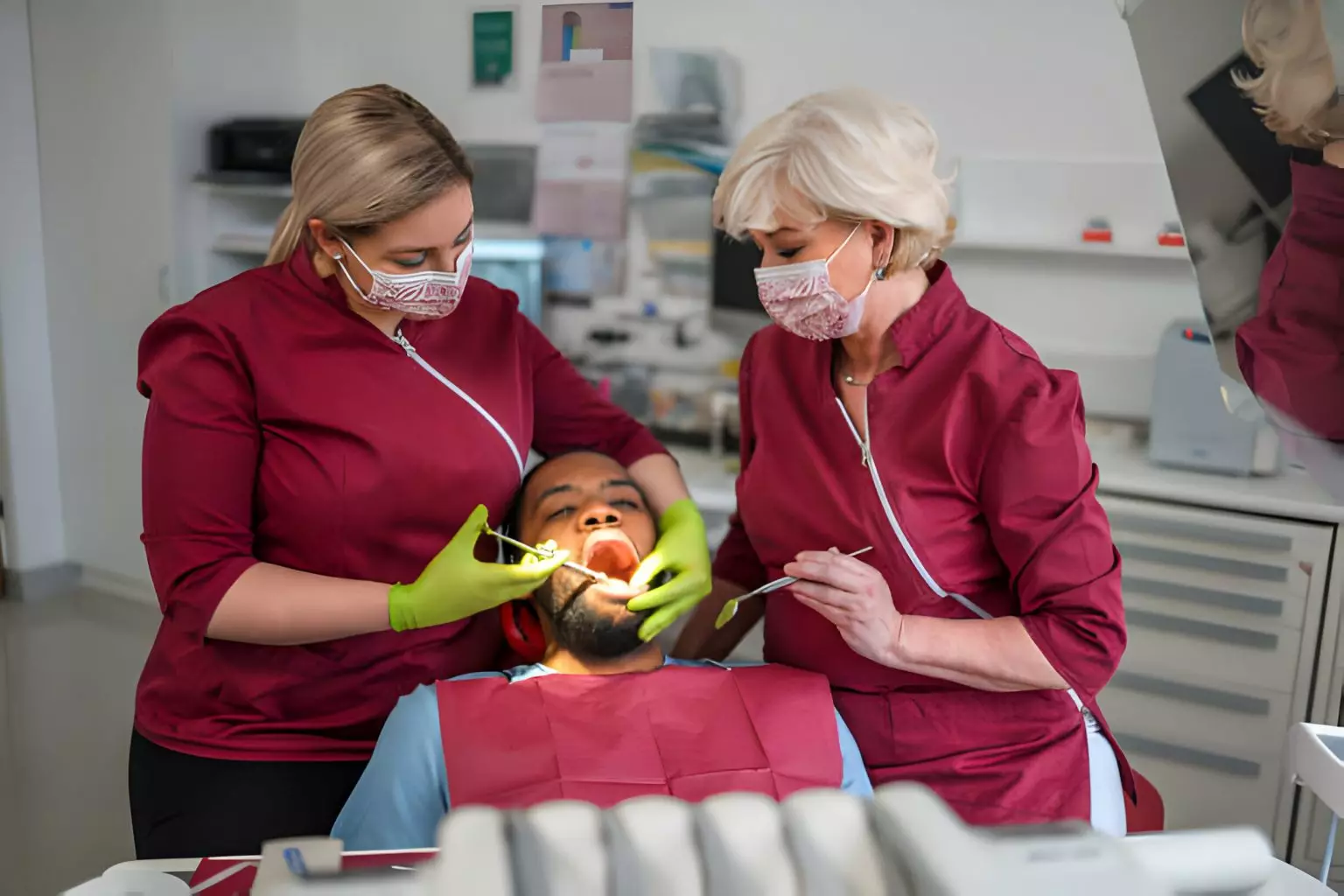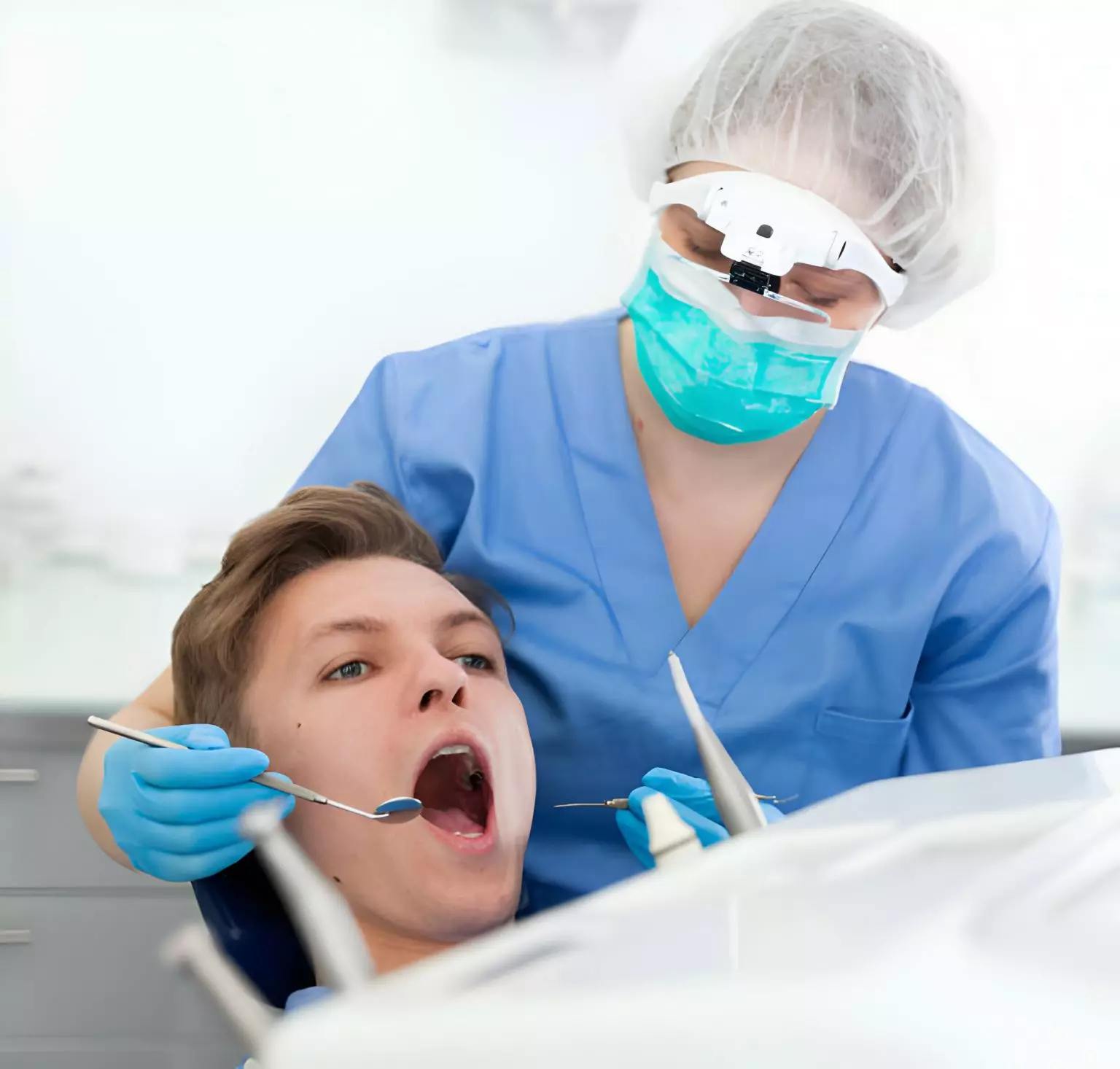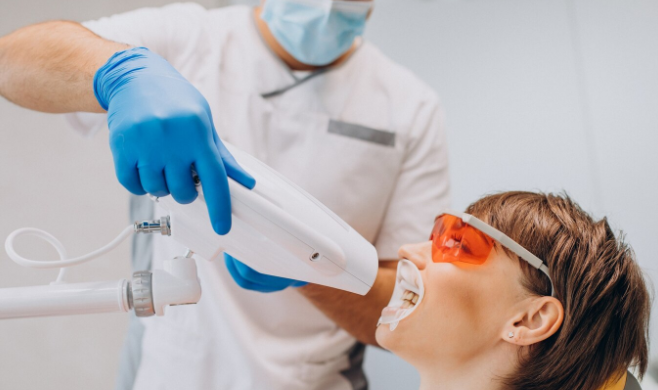Summary
Will your oral pain result in tooth extraction? The answer could depend heavily on your current oral health. While the thought of getting a tooth extracted can evoke a range of emotions, it is an essential procedure. Pulling your teeth allows you to address a few painful dental concerns like severe decay, overcrowding, or any planned orthodontic surgery. Interestingly, however, it’s only after a particular stage that your tooth extraction professional will suggest complete removal of the enamel. 
- Fundamentals of Tooth Extraction
- Types of Tooth Extraction – Methods of Removal
- When Does Tooth Extraction Become A Necessity?
- Benefits Of Tooth Extraction
- Tips to Navigate Post Tooth Removal
- Choose Professionals for Teeth Extraction
Continue reading as we understand more about the procedure in the following sections.
Fundamentals of Tooth Extraction
As the name suggests, tooth extraction is an oral procedure that involves removing a tooth from its socket or dental alveolus. Sometimes referred to as “pulling” a tooth, tooth removal is performed by an oral surgeon or a dentist under local anesthesia. However, it may also be performed under general anesthesia or sedation, depending on the complexity of the extraction and the patient’s preference.
Types of Tooth Extraction – Methods of Removal
When it comes to it, your dentist for tooth extraction in Keller will remove the teeth using forceps and elevators under anesthesia to negate any pain. The process is generally done using two different procedures to keep the tissues around your jaw, namely:
Simple Extraction
The simple extractions are performed on teeth visible above the gum line. They are usually proceeded under anesthesia and require a single session with your dentist.
Surgical Extraction
On the other hand, surgical extraction procedures are a bit more complicated. They are performed on teeth that are hardly visible or accessible. Surgical extractions are common if you have broken teeth under the gumline or ones that haven’t erupted entirely. Here, the oral surgeon might make an incision to elevate the soft tissue or split the teeth into multiple pieces for easier removal. This method is also performed under general anesthesia.
When Does Tooth Extraction Become A Necessity?
Every individual has two sets of teeth- primary (often called baby or milk teeth) and permanent. Milk teeth are the first or primary set of teeth that eventually fall off and are replaced by permanent teeth. If anything happens to the primary teeth, removal isn’t necessary, as the teeth would eventually fall off. 
Severely Decayed Tooth Due to Irreparable Damage
In case of infection, tooth decay can progress extensively, usually affecting the inner layers of your teeth, including the center. Bacteria can infect the pulp of your teeth, containing nerves and blood vessels, and spread to the surrounding teeth and tissues. Once ignored and left untreated, it can cause severe pain and ultimately compromise the tooth’s structure. In such cases, a tooth extraction in Keller is required to prevent the further spread of the infection.
As A Solution for Periodontitis
Periodontitis refers to the condition when gum diseases accelerate to the advanced stage. It can result in irreversible damage to the gums, periodontal ligaments, alveolar bones, and other structures that support the teeth. In extreme cases, extraction might be necessary to preserve oral health.
Impacted Wisdom Teeth
Third molars, or wisdom teeth, grow much later in humans because there is insufficient space in the mouth in the early stages. Their delayed eruption in the jaw forces the other permanent teeth to become misaligned over time. In such cases, your dentist might suggest removing the impacted teeth to lower the risks of infection and overcrowding. Interestingly, over 5 million Americans undergo wisdom teeth removal every year.
Fractured or Broken Teeth
Accidents, trauma, and decay can cause severe damage to your smile. It can result in chipped, broken, or even lost teeth. Sadly, treatment options like crowns or root canals don’t always promise to restore your smile. Such instances would require you to undergo extraction to prevent further infection and address pain or discomfort.
Excessive Teeth in Your Jaw
In some instances, individuals have extra teeth. They often face issues like crowding, misalignment, or jaw bite. Since orthodontic devices cannot fix such complex issues, dentists often suggest their removal. Extracting such teeth helps maintain proper dental alignment, thereby preventing future complications.
Benefits of Tooth Extraction
While tooth extraction is generally considered a last resort in dental care, there are situations where the procedure offers several benefits. One of the primary advantages is alleviating pain and discomfort associated with severely decayed, damaged, or impacted teeth. Once the source of the pain is removed, patients experience immediate relief and improved quality of life. Additionally, tooth removal can prevent the spread of infection to other teeth and surrounding tissues, help correct dental crowding, facilitate orthodontic treatment, and preserve the alignment and integrity of neighboring teeth.
Tips to Navigate Post Tooth Removal
As with any operation, you should be prepared for some discomfort. If your dentist has given medicine to minimize discomfort and inflammation, it is critical to take the proper amount and continue to take it as directed. Here are some tips to help you navigate through the stages after tooth removal:
- Bite down on a gauze pad for 30 minutes following the surgery to stop the bleeding. If the bleeding is severe, bite down on a cotton pad for an additional 10 minutes, and if it continues, contact your dentist immediately.
- To minimize swelling, put an ice pack on your cheeks for 20 minutes, then remove it for 20 minutes and reapply.
- For the next few days, eat only soft food.
- Relax and avoid strenuous exercise for a few days till you feel better.
- For the first 24 hours, do not spit, rinse, or use a straw to prevent blood clots.
- Do not smoke for 72 hours after having your tooth pulled.
- After 24 hours following the surgery, gently rinse the region with warm salt water to keep it clean.
Remember, your dentist is your source of information on what to do and anticipate after having your teeth removed. Managing post-surgery care is critical to ensuring adequate recovery. Therefore, ensure that you consult your dentist before leaving the clinic.
Choose Professionals for Teeth Extraction
Tooth extraction, when performed under the guidance of a qualified dental professional, can significantly enhance oral health, resolve dental issues, and improve the patient’s overall well-being and comfort. Every removal is unique! Dentists tailor treatment plans to meet individual needs, ensuring the best possible outcomes for patient’s oral health and quality of life.
Takeaway
- Pulling your teeth enables you to address unpleasant dental issues, such as severe decay, overcrowding, or planned orthodontic treatment.
- While tooth removal is often seen as the last choice in dental treatment, there are some cases where surgery provides significant advantages.
- Remember that your dentist is your best source of advice on what to do and expect after having your teeth extracted.
- Removing your tooth can be a significant decision. Ensure that you get the best guidance from our experts at Keller Family Dental. Visit us today!





